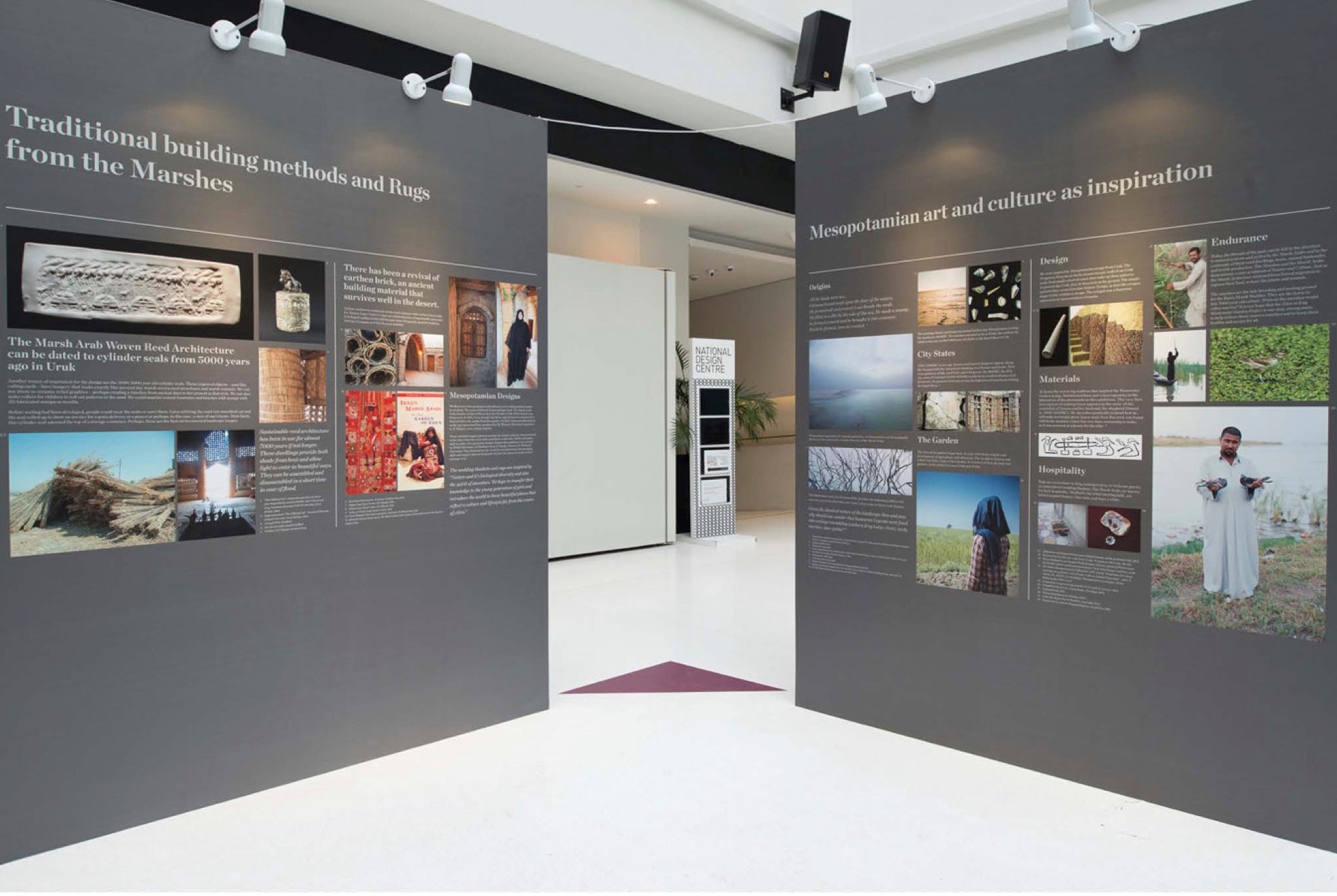Research Capabilities
CAAD focuses on the study of historical and related contemporary issues in Asian Art and Design, with emphasis on their influence on local, regional and international cultures. CAAD uses a mixture of qualitative and quantitative research methods, including ethnographic studies and digital humanities, to best understand issues and find solutions to pressing problems.
In addition to previous work done on researching Laos textiles (Design For) and Islamic and Mesopotamian art (Eden in Iraq), CAAD is also interested in researching urban developments in Asia, the state of artisans and craftsmen in modern Asia, expressions of spirituality in art, design, and media, as well as the pedagogies of design education across different Asian countries.
Past research projects
"Design For"

CAAD previously supported design for, a non-profit organization led by Nanci Takeyama, in its research into Laos textiles. design for advocates cultural understanding and heritage preservation, and aims to be a facilitator between the craft artisans and the wider global audience. This neatly aligns with CAAD’s values of researching culture and heritage in art, and serving both art practitioners and the broader public.
Laos was chosen as a research site as it is home to one of the most intricate textiles in the region. They are largely created by hand spun and hand woven by artisans, and contain patterns and motifs with much spiritual and ritual significance. The research of these textiles focused on ethnographic research to understand Laos visual culture, and focused on the most prominent visual symbol of the cosmic serpent. After understanding the visual culture, design for worked collaboratively with Laos artisans to create textile pieces together, paying close respect to the traditional culture and methods.
In November 2012, this research project resulted in a workshop and a workbook examining the meanings of the cosmic serpent. The workshop was held with a Laotian anthropologist and textile expert. The workbook that was published contained many reference images for participants to keep with them. In November 2013, this project received a UNESCO honorable commendation.
Additionally, the research also culminated in the public exhibition “Handmade in Asia – Weaving the Cosmic Serpent in Laos”, hosted at the Asian Civillizations Museum from February to April 2014. The exhibition was opened by His Excellency Thongsing Thammavong, Prime Minister of the Lao People’s Democratic Republic. Laos weavers were also invited to fly to Singapore for the event, and were able to showcase their weaving skills at the exhibition.
Eden In Iraq Wastewater Garden

In 2013-2017, CAAD Director Peer M Sathikh joined the Eden in Iraq Wastewater Garden Project, which remains helmed by then Visiting Professor Meridel Rubenstein. Prof Sathikh was the Co-Principal Investigator and helped obtain a Ministry of Education Research Grant and headed the Above Surface design team. With this research grant, Professors Sathikh and Rubenstein, along with others from their team, were able to research the site and design the wastewater garden accordingly.
The wastewater garden is a water remediation project which uses simple and sustainable wastewater recycling technology to provide urgently needed clean water for the local Southern Iraqis, whose environments have been damaged by regional conflicts. In addition to providing practical clean water, the garden will also be a public site with many locally significant design details, that will celebrate local art and contribute to local craftsmen and artisans. Significant research was conducted to find a suitable site, and the final garden design draws inspiration from traditionally woven and embroidered Mesopotamian wedding blankets, a local craft which is being revived in the modern day.

